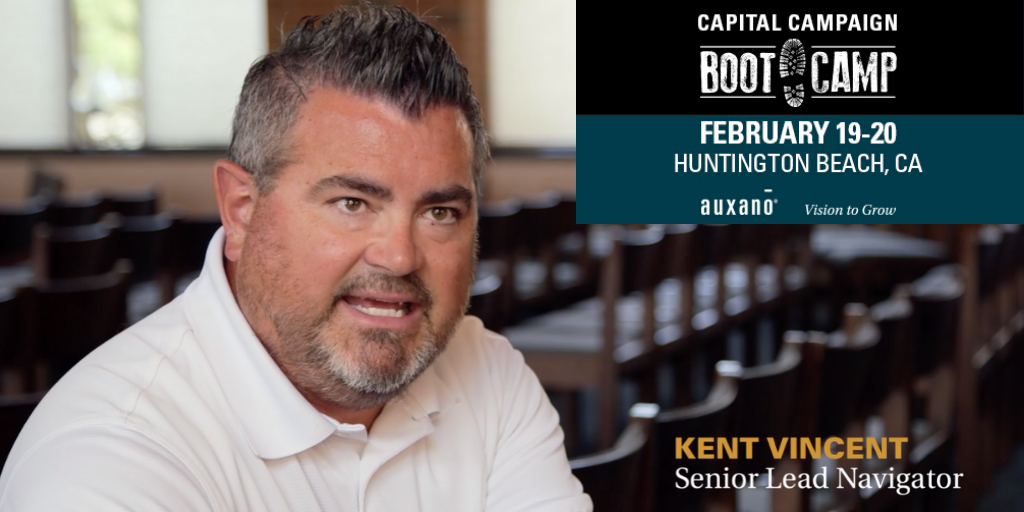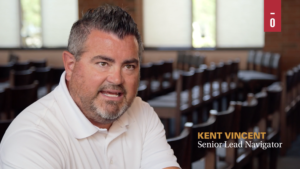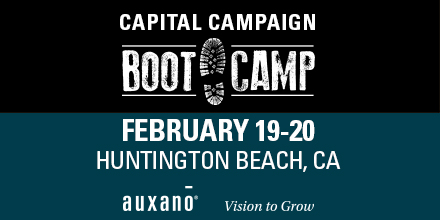
Why “Decreasing Giving” News Shouldn’t Paralyze You
It should come as no surprise to pastors and ministry leaders that the traditional ways we track and predict things are going the way of the fax machine. And the articles and polls are coming out virtually every week right now: Giving is down in the church! Ugh. As if pastors don’t have enough to worry about.
Here’s my take on this: Most of us were taught (or learned by experience) that attendance and giving records were a pretty decent indicator of how we could plan for financial fuel in the coming year. We used to be able to predict with near clairvoyant accuracy how much may come into the offering in the next 12 months.
Well, we aren’t in Kansas anymore, Toto. Attendance is as inconsistent as the weather and giving is tilting downward. Most of the blogs and social media chatter is a grand speculation about the national drift toward disengagement with the church. Some blame it on our cell phones, some on the next generation, and still others will attribute it to a more macro trend: Post Christian America.
It is cliché at this point to write about how money has always been a tricky subject for churches. And the church has a bit of a black eye in the view of many of our neighbors – and we deserve it to some extent. Humans run churches. And humans don’t tend to naturally do well with money (whether they have a lot of it or a little). No one seems to have the right amount. Even Jesus knew it would trip people up and slow their progress toward full dedication.
But, for the most part in a mostly Christian context (America), people had a basic sense of obligation to support their local church. Until now. And it is less about the changing tax code than people think.
Those of us as pastors who were afraid to talk about the topic or had no proactive approach to spiritually coaching people toward generous living could get away with this – money would show up in the plates. Until now.
Passivity no longer works. Proactivity still does.
Here is what I’ve learned working with hundreds of churches over the last few decades on a proactive approach to developing generosity in the church. Without a long explanation of how to press into this topic at your church, let me get you started on a few categories I tend to put under the microscope when diagnosing the upside potential at each church.
There are five of them.
- Theology – Review Your Conviction
- Discipleship – Teach a Pathway
- Communication – Create a Culture
- Strategy – Follow a Plan
- Relationships – Walk With People
The churches that seem to do a great job of raising financial support and discipleship intensity at the same time have been thoughtful about these categories.
THEOLOGY
Many churches could use a tune up or review on what they believe about money’s role in the church and in the Christian life. With so much unhealthy regard for money in our hearts and culture, we need wisdom on this as much as any time in history.
- What is our theology of giving, generosity and prosperity?
- In what ways do we care about the poor?
- Is giving 10% of income an end, beginning, or neither?
- Do we think pastors should look at the giving records?
- Can we hire staff or promote someone into a volunteer leadership position who does not give to the church?
- Is volunteering time the same (spiritually speaking) as volunteering money?
DISCIPLESHIP
The goal of the church is to create an environment for discipleship. As we lead people to follow the teachings of Jesus, our methodology should include teaching on living with open hands and not having financial resources be our master.
- Do we believe that helping a Jesus follower with his or her money management is part of a healthy spiritual life?
- Does this discipline get talked about as much as the other “ways to grow in devotion” like prayer, visiting the sick, silence and service?
- Do we have clear steps, pathways, classes, and guideposts for people who are growing in the grace of giving?
- What if someone is not ready to give 10%? What do we teach or mentor them to do?
COMMUNICATION
Ultimately, we shift a culture through the ways we communicate. What church leadership chooses to report and highlight in our use of money will speak to what we truly value and want from our church body. Many churches struggle with knowing what to say or how often to say it.
- Can we create a culture where it is normal to talk about giving and investing in the work of God?
- Can we celebrate the use of money?
- Do we talk about our own individual struggles with money?
- What is the best way to communicate about the church’s use of money? How can we build trust around the topic of money and church leadership?
STRATEGY
There are critical processes that “best practice” churches have in place when it comes to how to organize their time and resources. Churches that are proactive can build disciplines that enhance the congregation’s trust in leadership as well as create the best possible environment for good management of funds.
- Is there a plan for spending, saving, and investing God’s money through the bank accounts of the church in keeping with our convictions?
- How do we set or adjust budgets? Who gets to do this?
- What do we believe about investing in buildings, facilities, global mission and local needs?
- Should the church have an annual audit? What about debt?
- How often should we send out statements of giving to contributors?
RELATIONSHIPS
Ultimately, the most effective leaders understand that beyond process and protocol, the work of the church is about building relationships that lead to spiritual growth. Each church, in keeping with their own style and belief, will need to figure out ways to nurture people in ways that build their faith and therefore their generosity.
- How can pastors and ministry leaders bring up the topic of money in conversations with members of the congregation without seeming “grabby”?
- Can we really show that we care more about what we want for people than what we want from them?
- Should pastors interact with high net worth members to encourage their stewardship in a different way than others?
- Is there a way to train small group and ministry leaders to “step in” to hard conversations about this area of discipleship?
When I mentioned diagnosing the “upside potential” of each church, I come at this analysis as a pastor. I am, without apology, trying to help churches receive more funding for mission. But I also believe that, done with an eye for spiritual formation, this helps with the discipleship of people in the church. I have seen both increase many times.
So, that is why I encourage you to not give in to the trends. It is not time to cry “Uncle,” particularly if you haven’t gone through a discernment process using the five categories above (or something like it).
If this topic interests you, why don’t you check out Auxano’s Capital Campaign Boot Camp, coming February 19-20 to Huntington Beach, CA? Details and registration information here.


Tags: Capital Campaign, Capital Campaign Boot Camp, Church Giving, Church Giving Trends, Giving Trends, Greg Gibbs


















